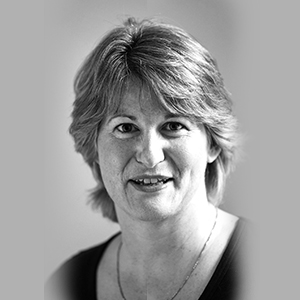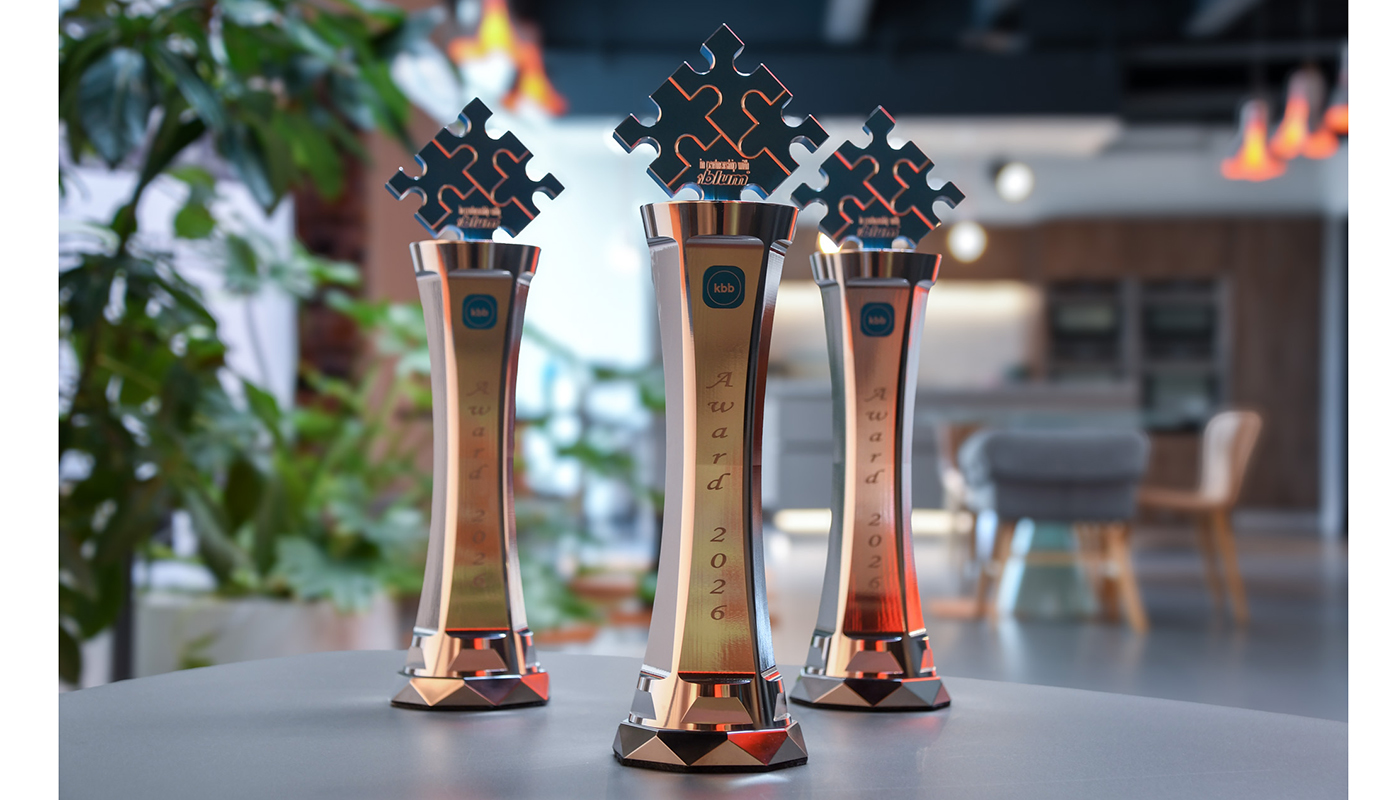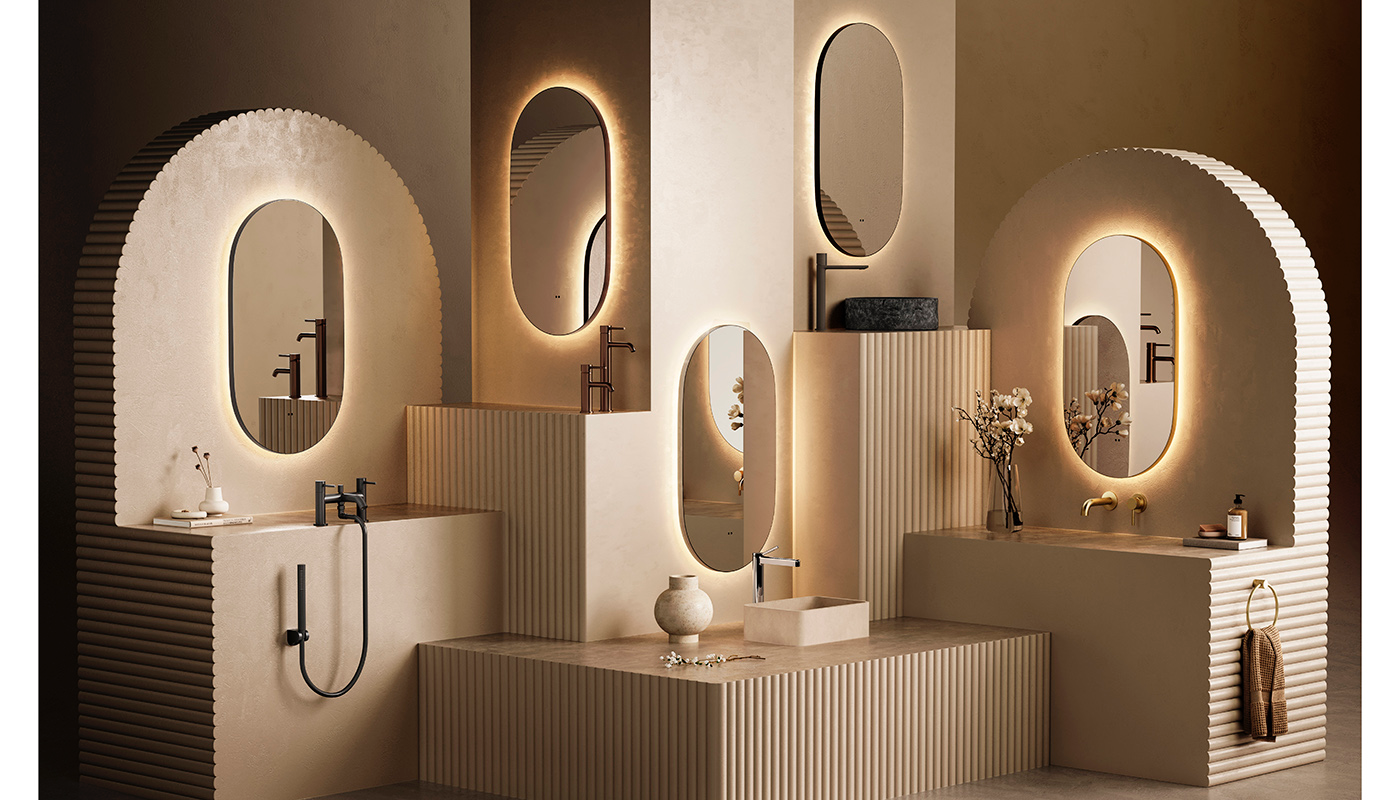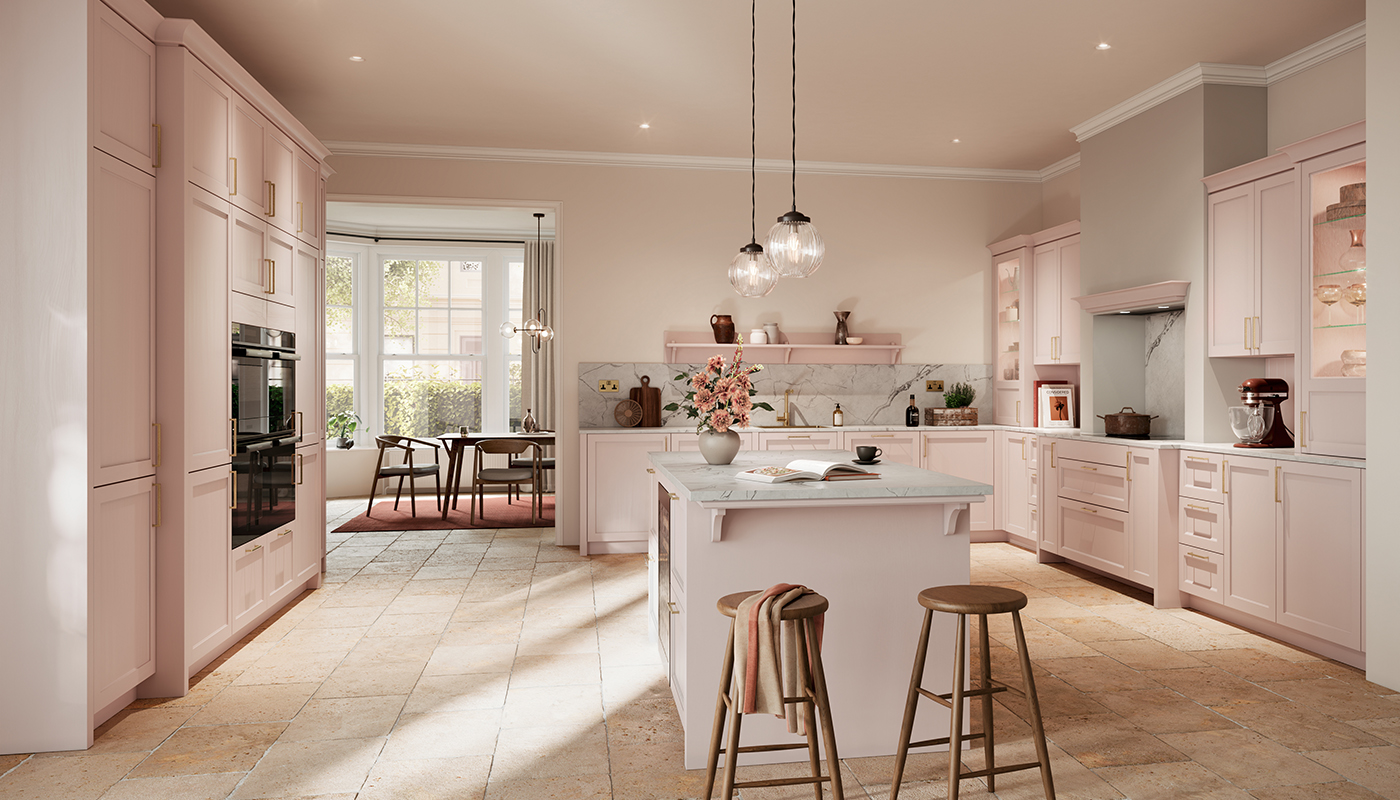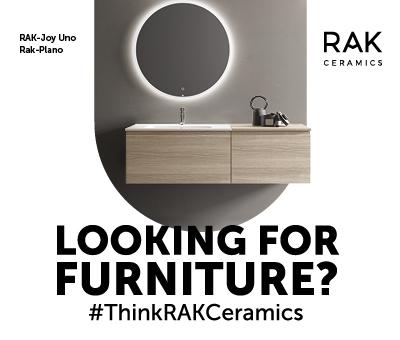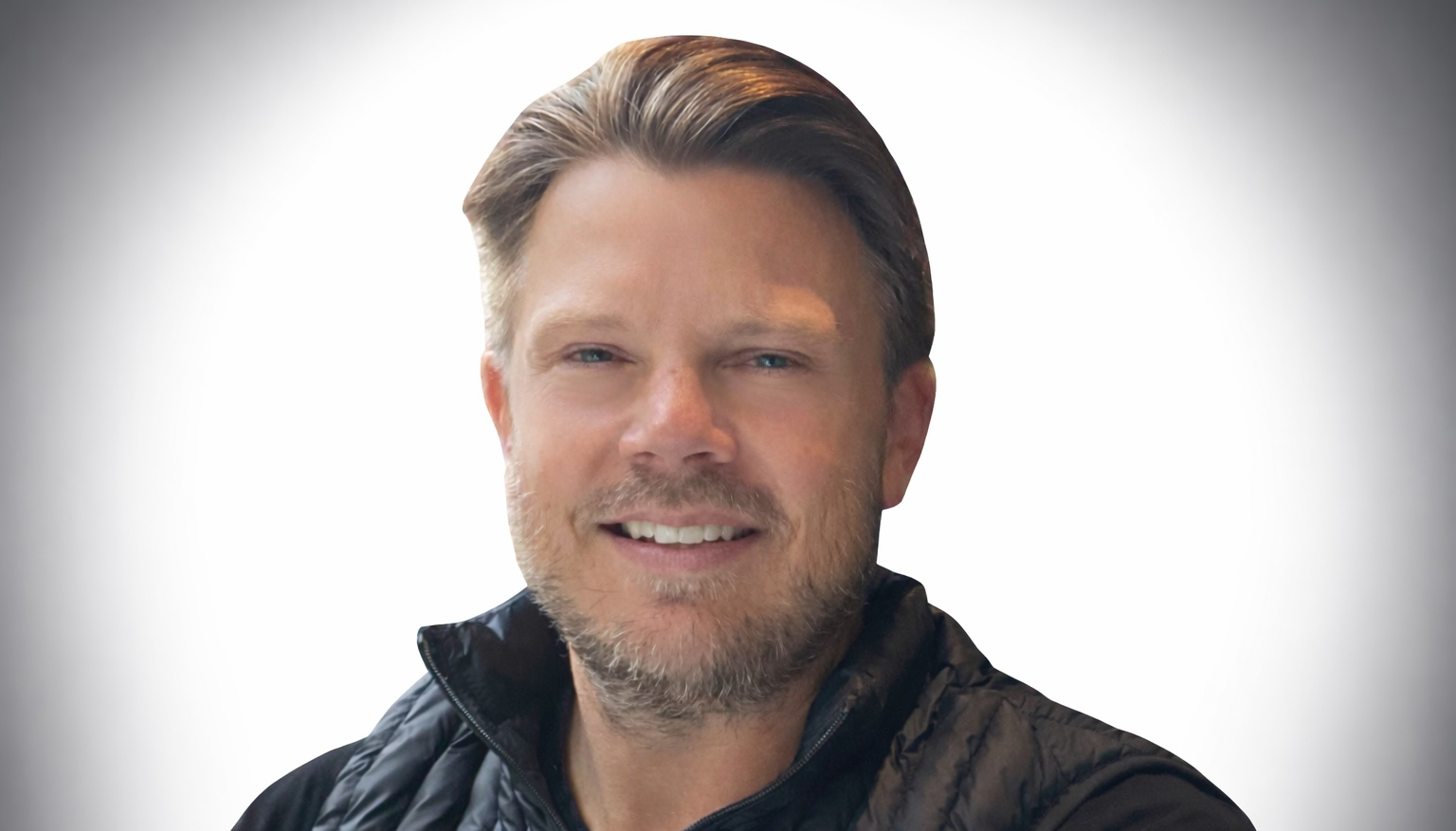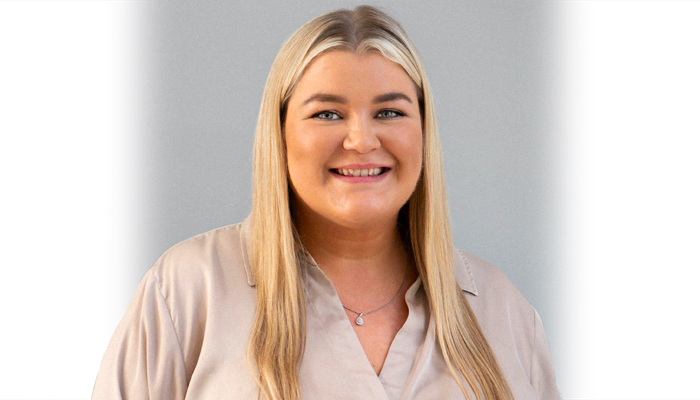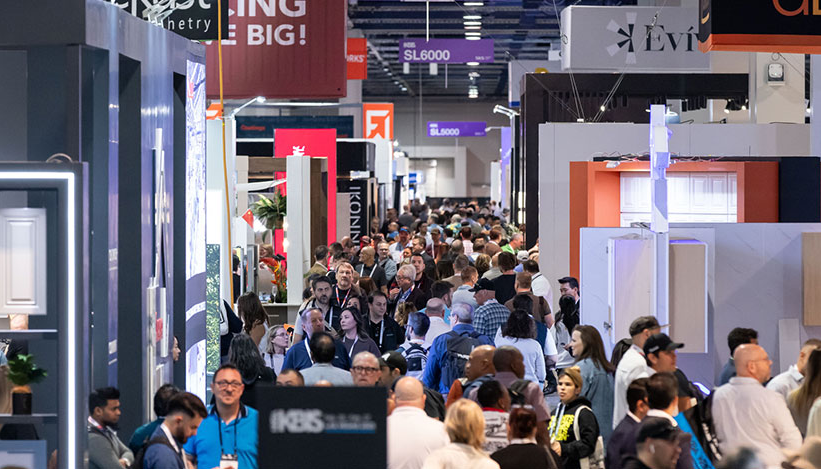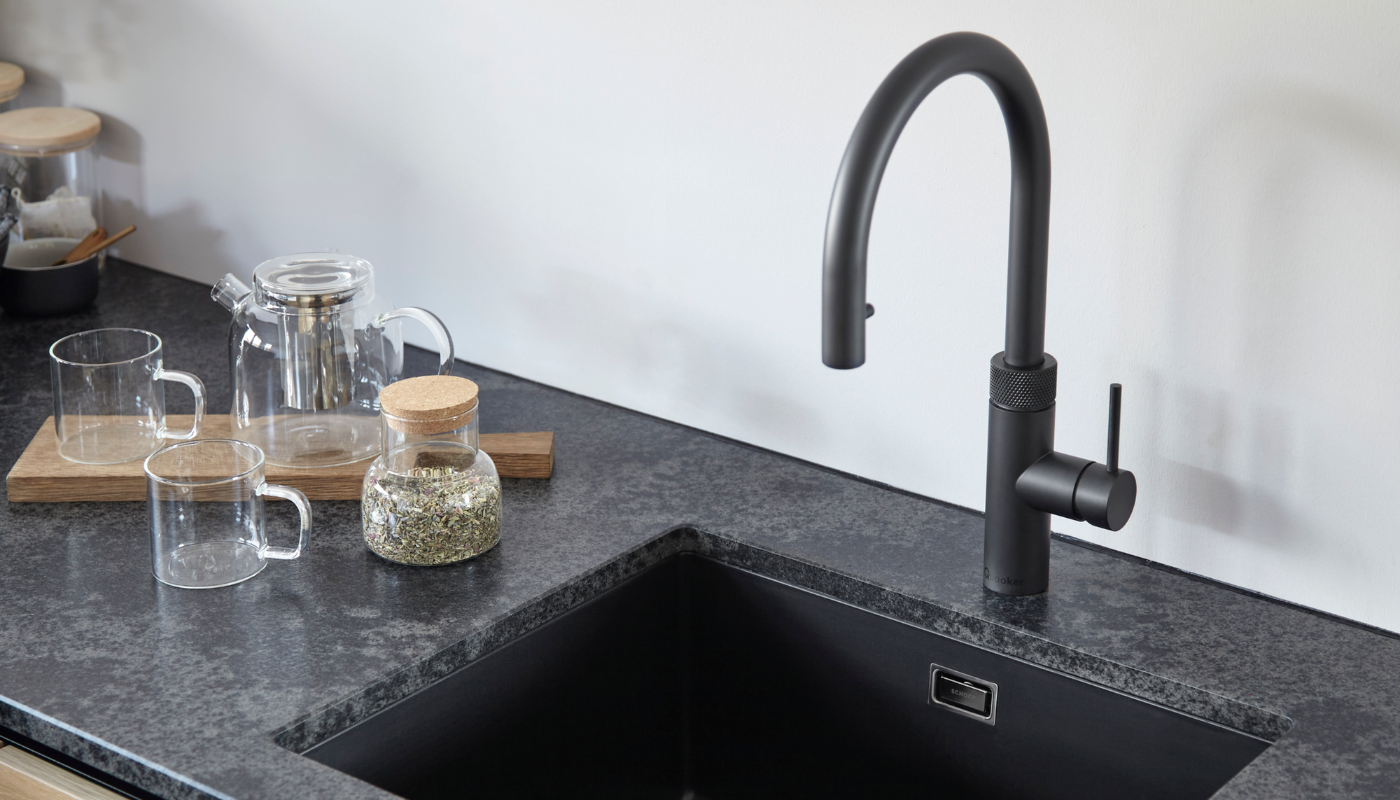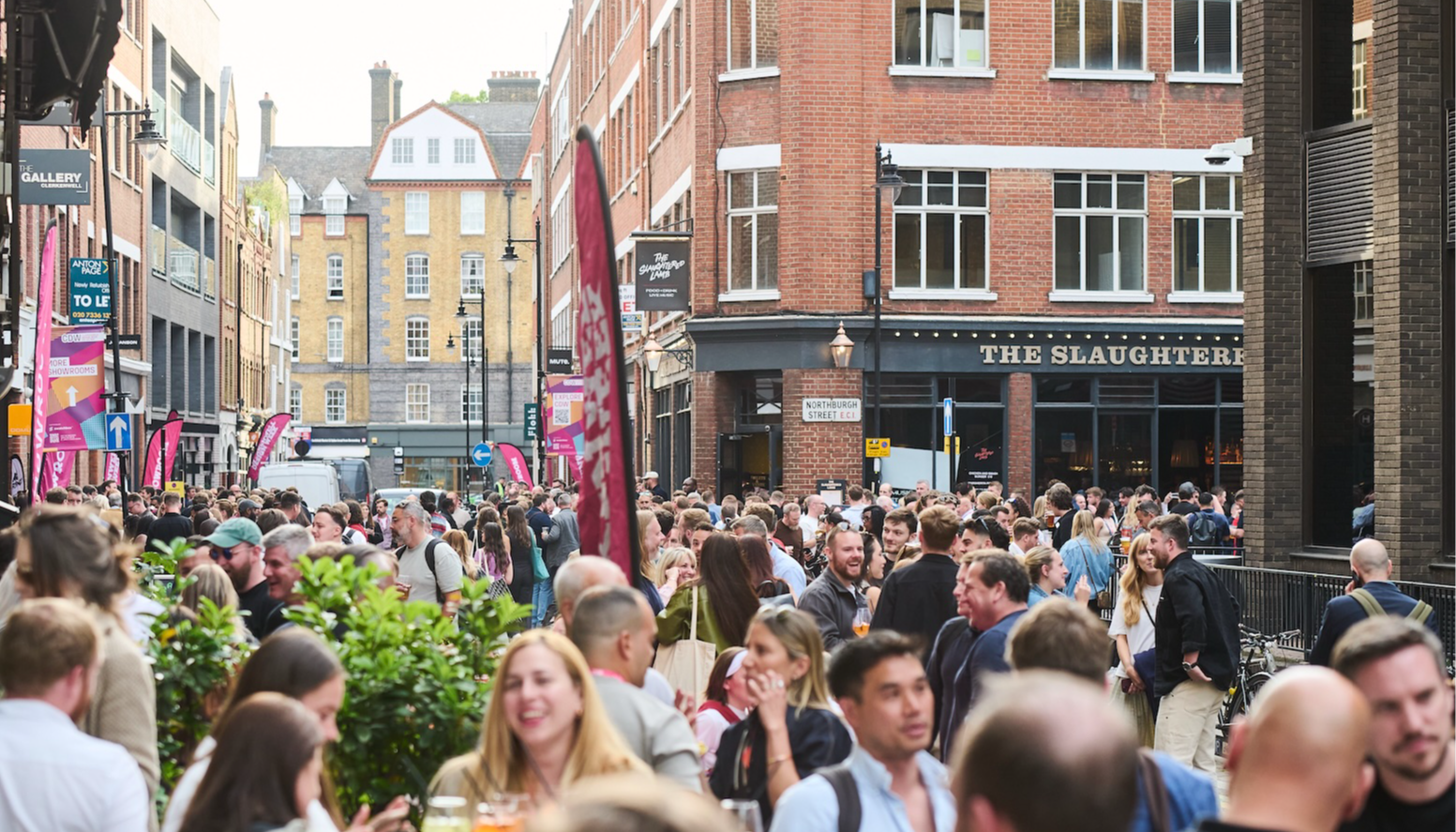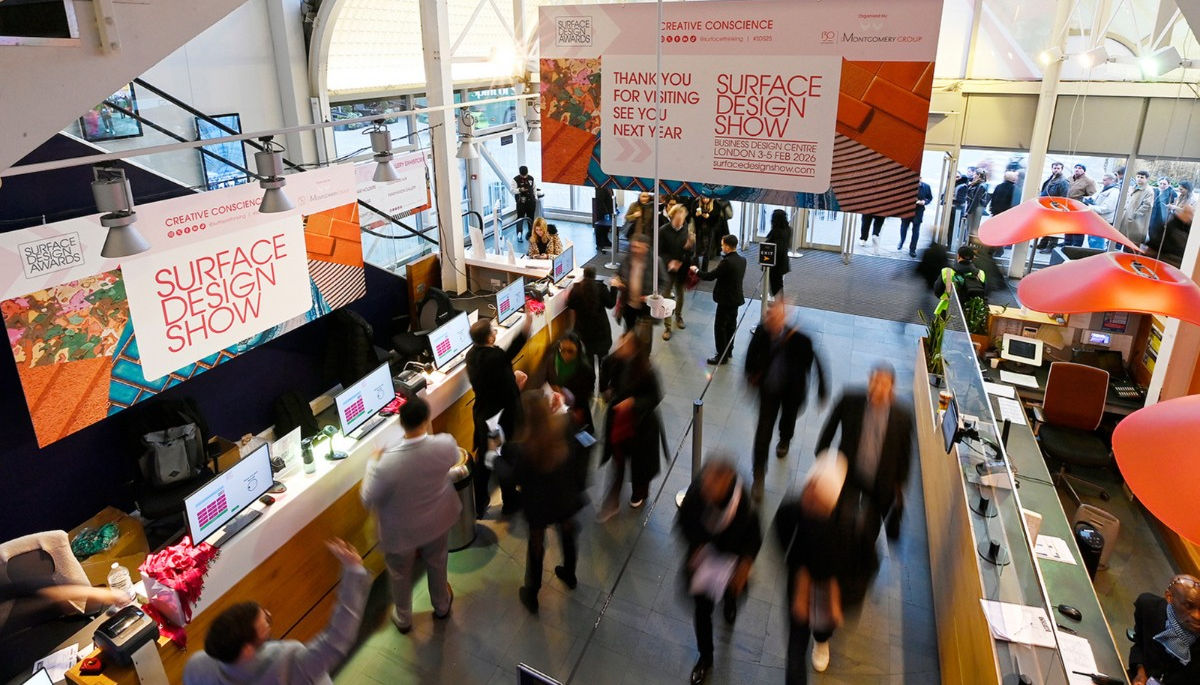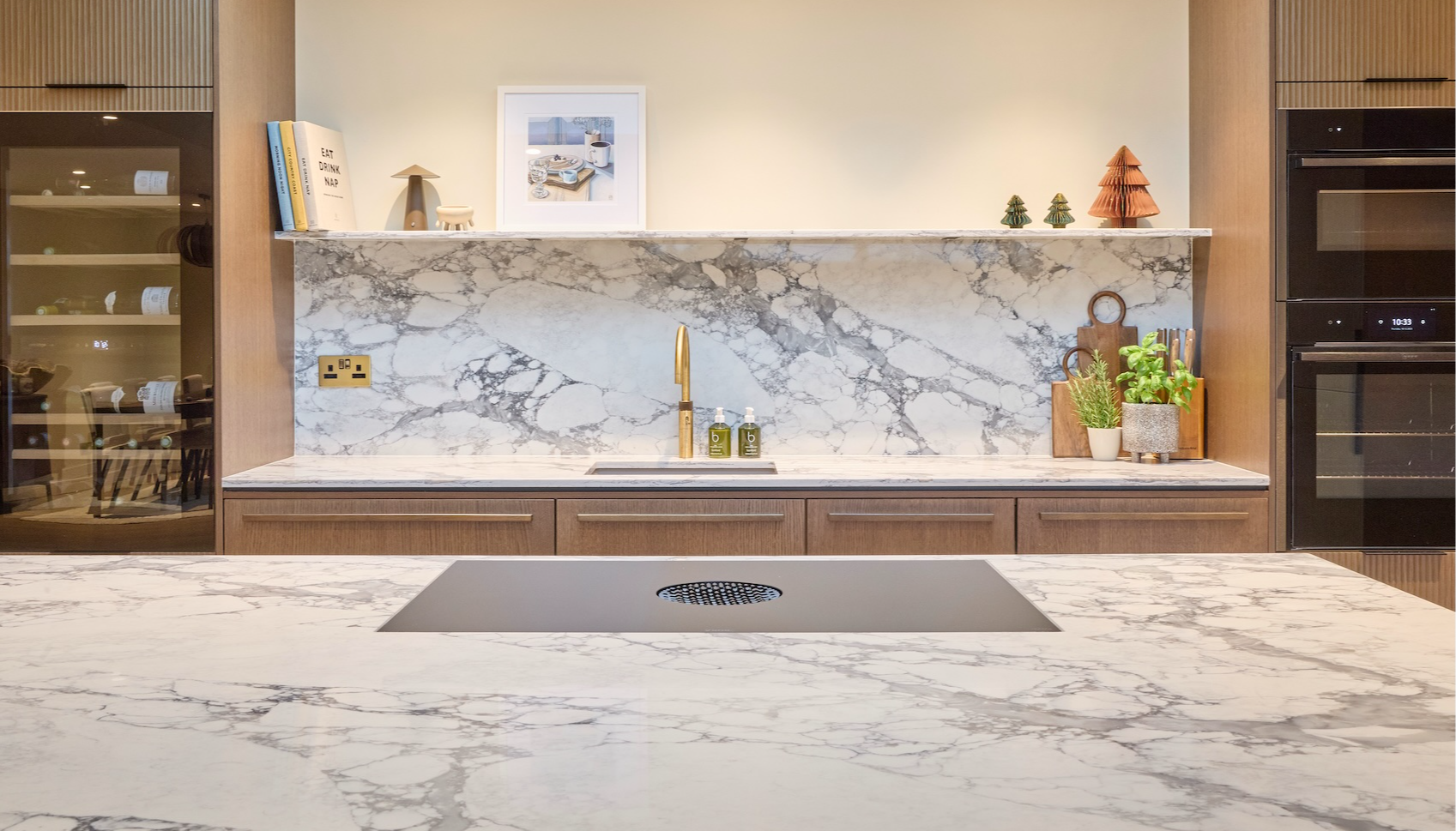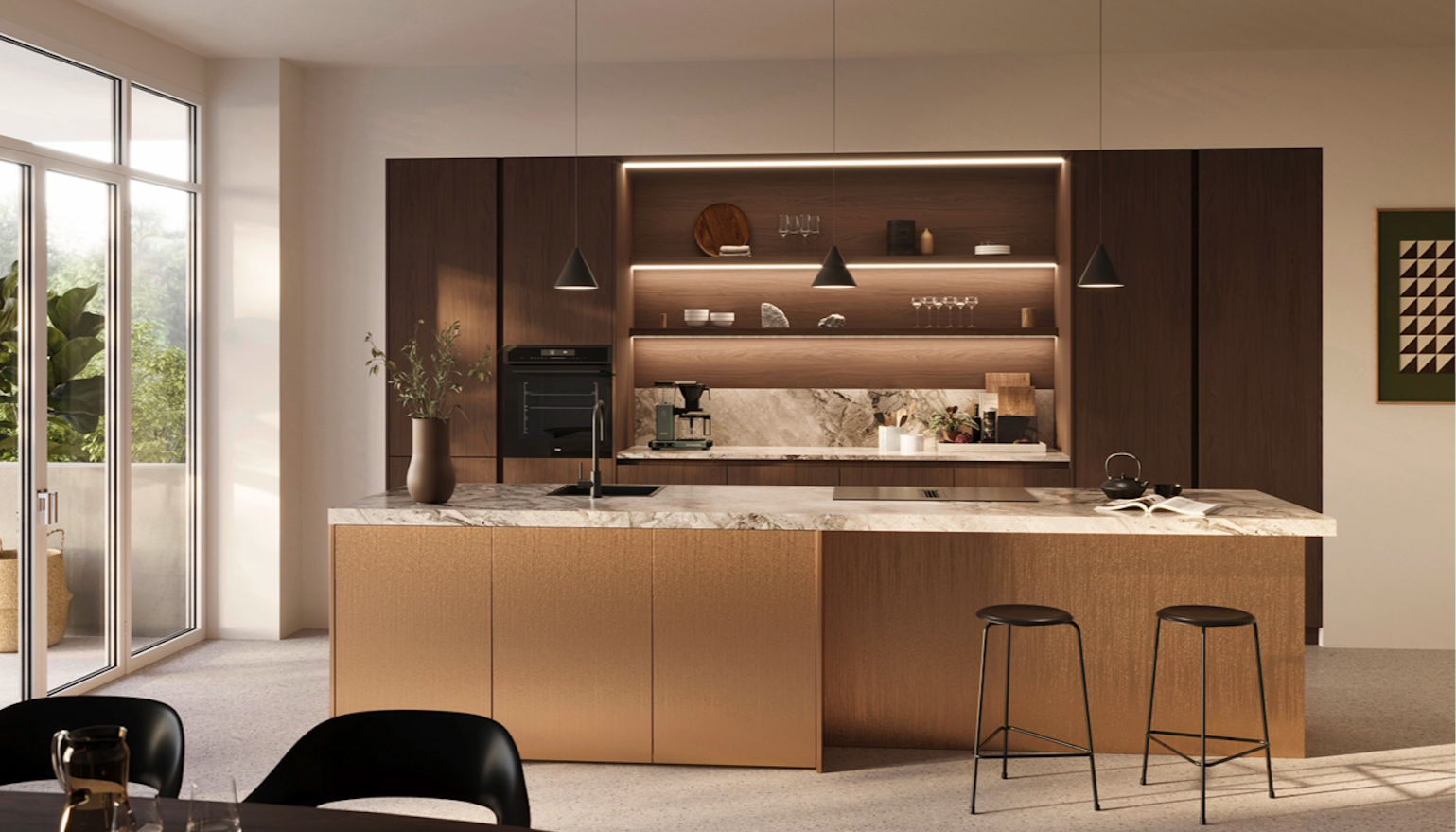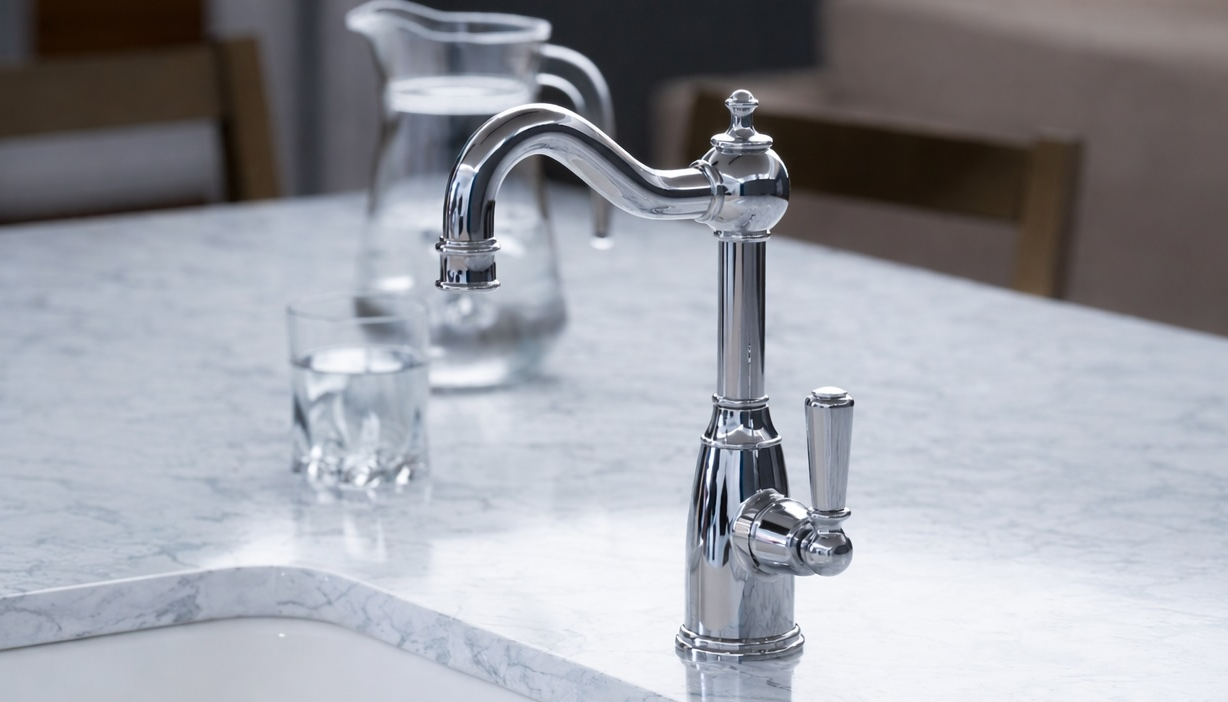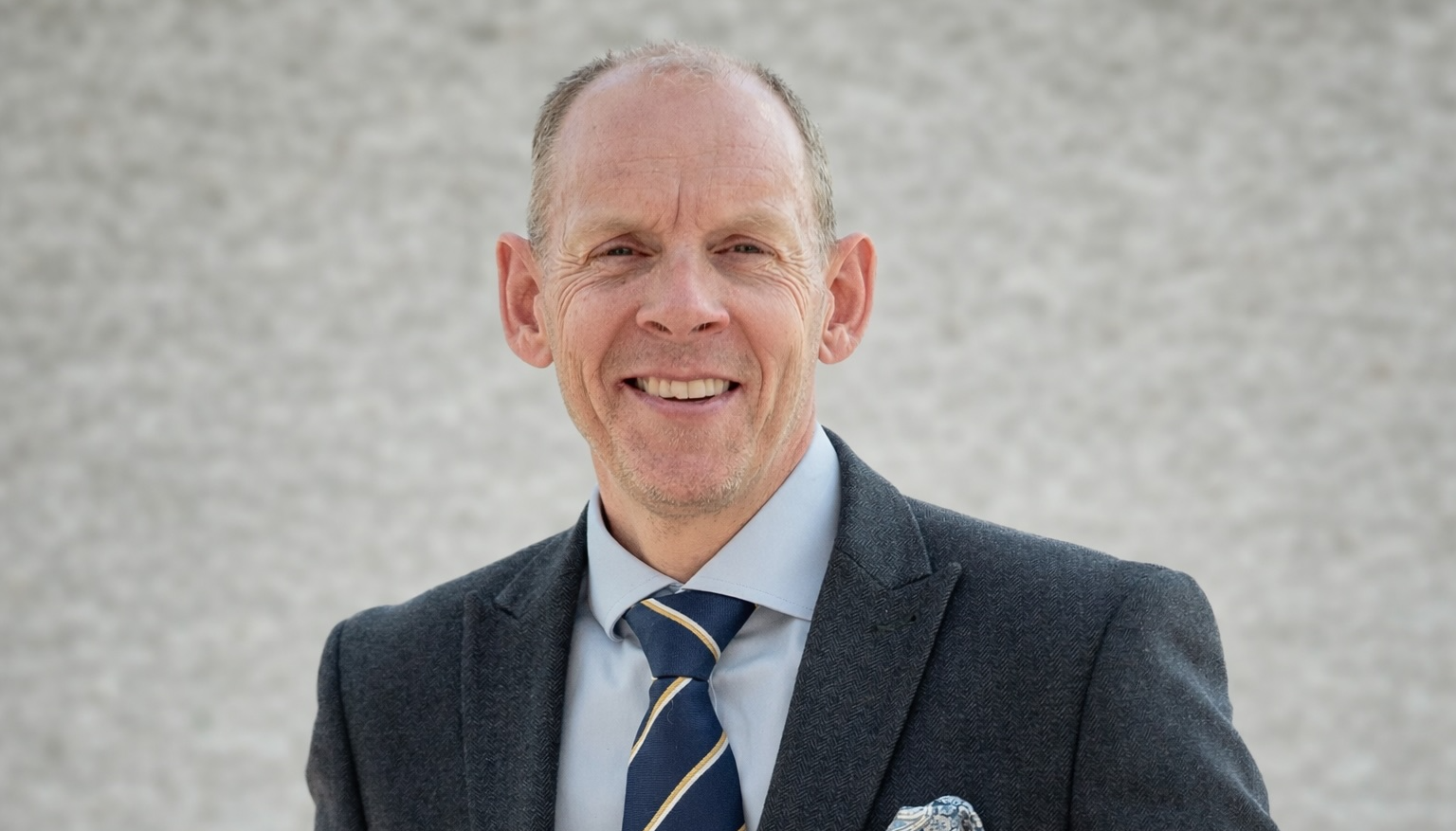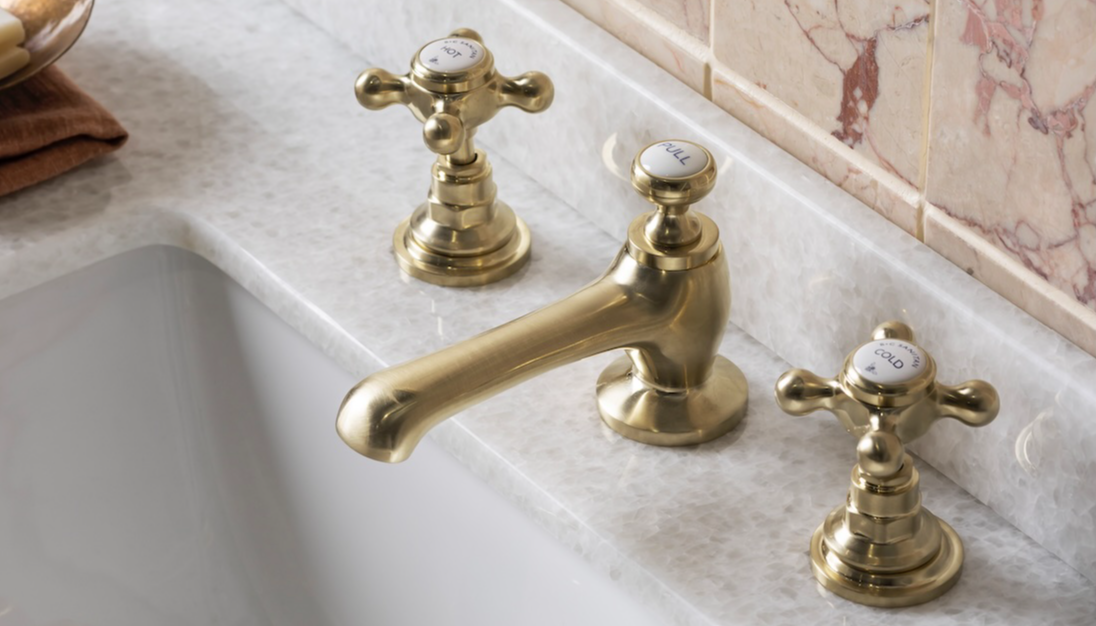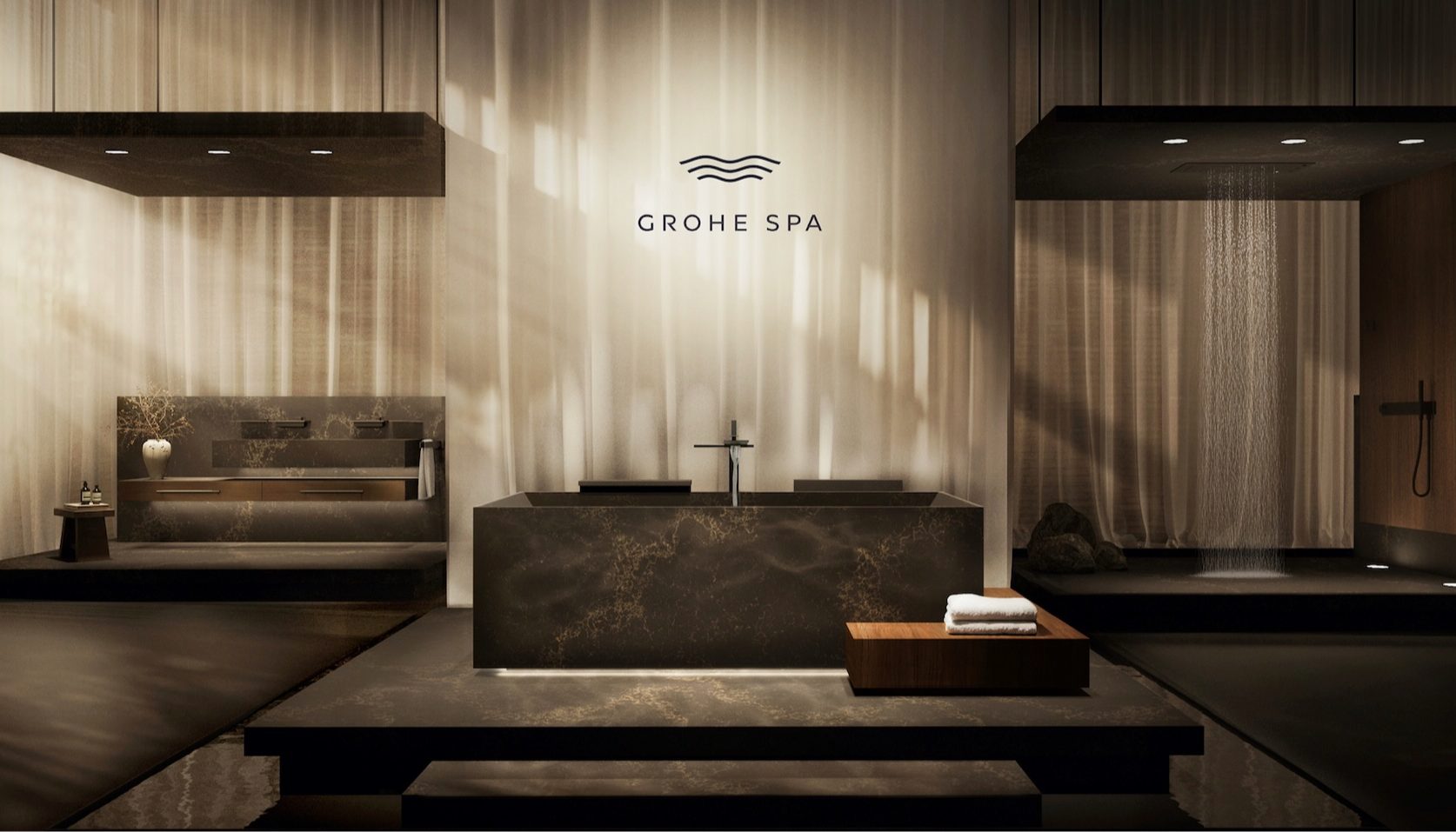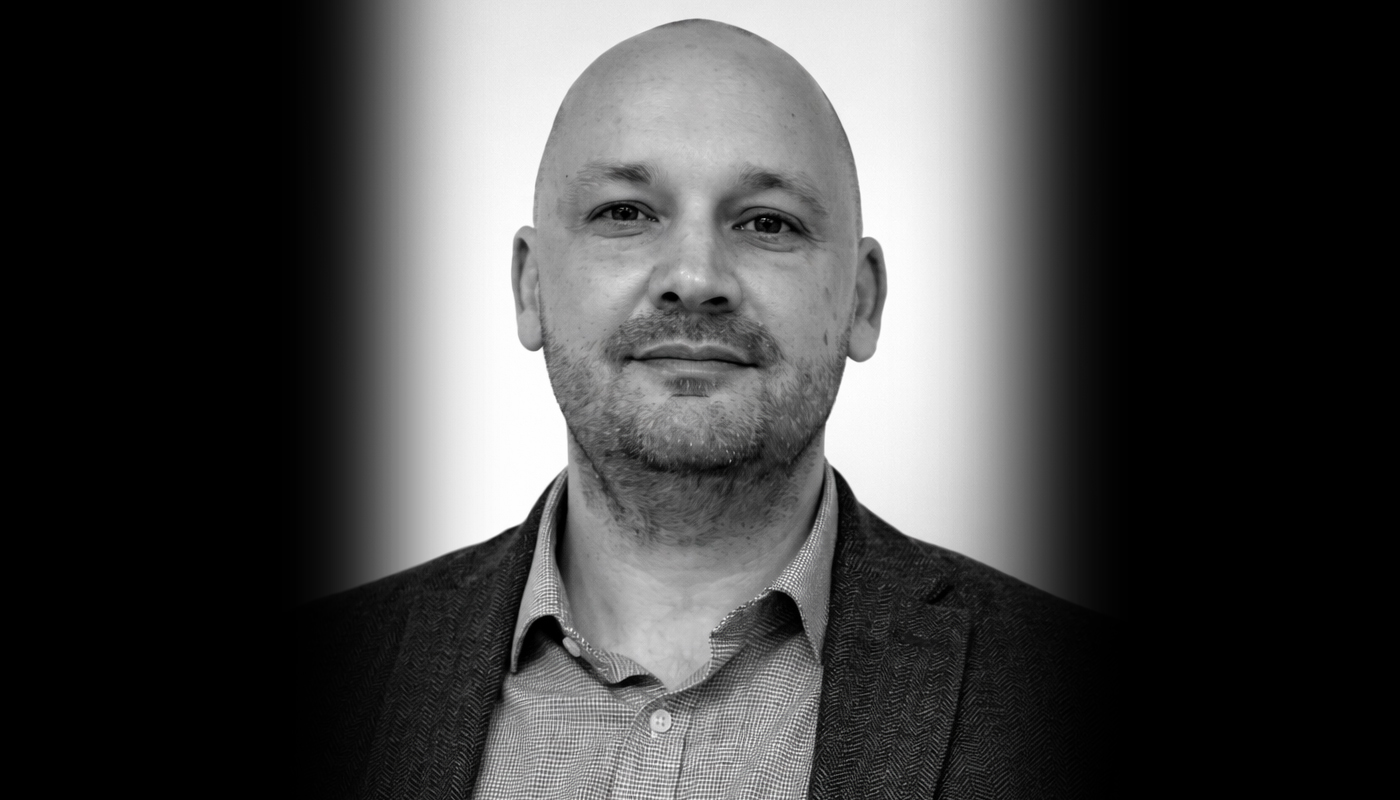Chris Sanderson: Our understanding of luxury has completely changed
Wed 17th Nov 2021 by Amelia Thorpe
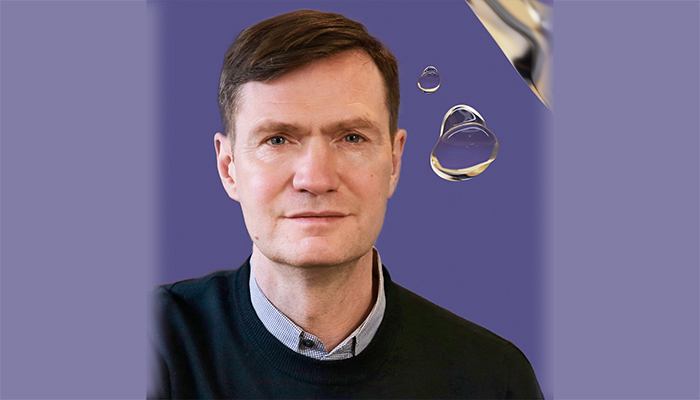
Chris Sanderson: Our understanding of luxury has completely changed
Futurist Chris Sanderson reveals his thoughts on the changing notion of luxury, and what he believes this means for designers today. By Amelia Thorpe.
Premium brassware brand, Axor, has launched its digital platform, Axor Futures, by asking Chris Sanderson, co-founder of The Future Laboratory – one of the world’s most renowned trend forecasting consultancies – what luxury means today.
"The perception of luxury is changing in some quite fundamental ways," says Sanderson. "Luxury used to mean waste and excess, but now increasingly it means fewer, but better." He suggests that the traditional markers of luxury, such as the proverbial gold taps, will be abandoned as we embrace more inconspicuous forms of luxury.
He describes the current decade as the ‘Transformative Twenties’. "As humans, we are increasingly concerned about heating, water, energy, light and space and about how much we use and how we can share them," he says. "Luxury used to be about having more of everything, but as increasingly we move into densely populated 'megacities', our architects and designers are going to have to be concerned with the issue of space for decades to come." He notes that, according to the UN, 68% of the world’s population will be living in urban areas by 2050. "And if you throw in the way that we are wanting to work more flexibly and wanting to work from home, all these things are changing the way that we view the spaces that we have around us."
"We are going to be investing so much more of our focus and energy in the details and simpler things of life, and we’re going to be looking for refinement and sophistication out of the essential and everyday," he says, something that he believes underscores the new mindset of "fewer but better" possessions. "We are having to rethink the idea that businesses are simply engaged on a more-more-more product cycle, and instead start to invest in legacy product that is designed to last a lifetime and designed with some sustainability imperatives – using less energy, less water or maybe using fewer moving parts so that they are easier to manufacture."
Limited space in urban settings means more focus on ‘compact luxury’ and the fact that every inch of our homes – and especially our bathrooms – are increasingly becoming places of respite and relaxation, places that give us sanctuary and comfort and help build wellness. "The bathroom is the space in the home that becomes super-precious – it’s a private space, it’s for cleansing, but it’s also for the more holistic concepts of wellness, such as renewal, ritual and reflection," he says.
Hand in hand with the ‘Transformative Twenties’ comes the ‘Transformation Economy’, suggests Sanderson, of the notion that the economy is spurred on by demanding consumers – with high levels of taste and discernment – searching out businesses and services that are proactively supporting them on their journey to become healthier, wealthier and happier. "We are beginning to see the growth of the consumer who is thinking so much more carefully about what they want from life and therefore what they want from the brands they buy into," he says.
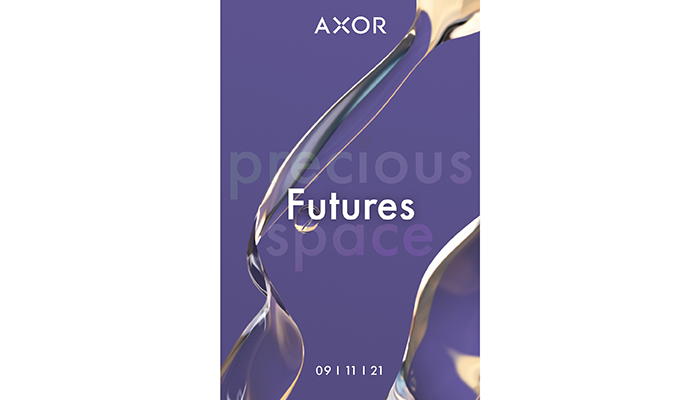
Tags: insight, features, chris sanderson, futurist, axor futures, bathrooms



